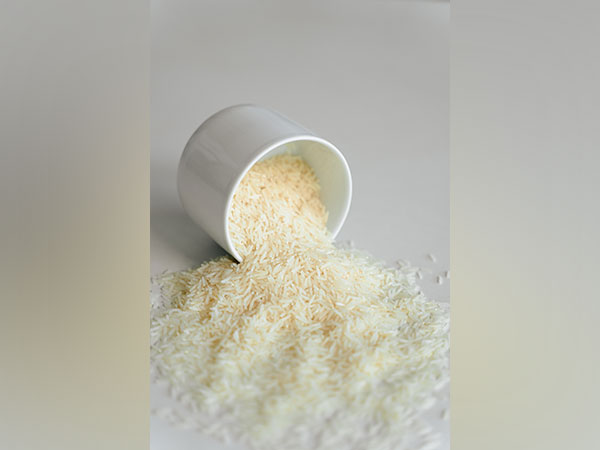Pakistan’s agricultural and food sector is facing challenges, primarily due to its narrow export base dominated by a limited range of commodities, with rice being the primary export generating over USD 3.5 billion in foreign exchange in the fiscal year 2024. However, the rice export industry is under threat from the rejection of shipments by the European Union, the United Kingdom, and the United States due to serious food safety concerns, including pesticide residues and mycotoxins in the rice.
In recent years, the European Union has issued alerts for pesticide residues in rice shipments, particularly basmati rice from Pakistan and India. Pakistan has seen an increase in non-compliance compared to India, with higher cases of mycotoxins, particularly aflatoxins. This has raised concerns among exporters who face the risk of an EU ban unless corrective actions are taken to strengthen food safety protocols in the rice sector.
The rice value chain in Pakistan involves farmers, stockists, millers, and exporters, with the misuse of agrochemicals by farmers contributing to high pesticide residue levels in harvested rice. Improper application practices, lack of education among farmers, and inadequate post-harvest handling further exacerbate the issue of pesticide residues and mycotoxins, leading to contaminated rice shipments and threatening the country’s rice export industry.
While efforts by organisations like the Rice Exporters Association of Pakistan (REAP) to raise awareness among farmers and stakeholders are commendable, more extensive educational campaigns and financial incentives are needed to incentivize the adoption of safer agricultural practices. The government of Pakistan faces hurdles in implementing bans on harmful chemicals due to resistance from influential pesticide companies and inadequacies in the regulatory framework to enforce such bans.
There is a need for enhanced governmental support and effective policy implementation to address the challenges faced by Pakistan’s rice sector. Measures such as export development surcharges and subsidised loan schemes for upgrading drying facilities in rice mills could help improve compliance with international food safety standards. Additionally, partnerships with agriculture extension services and pesticide companies, along with digital educational campaigns, are crucial in promoting safer agricultural practices and ensuring the sustainability of Pakistan’s rice export industry in the global market.
Overall, the issues of pesticide residues and mycotoxins in Pakistan’s rice sector require immediate attention and action to prevent further rejections of rice shipments and potential bans by importing countries. By addressing these challenges through a collaborative effort involving government, industry stakeholders, and farmers, Pakistan can improve the quality of its rice exports and secure its position in the international market.











